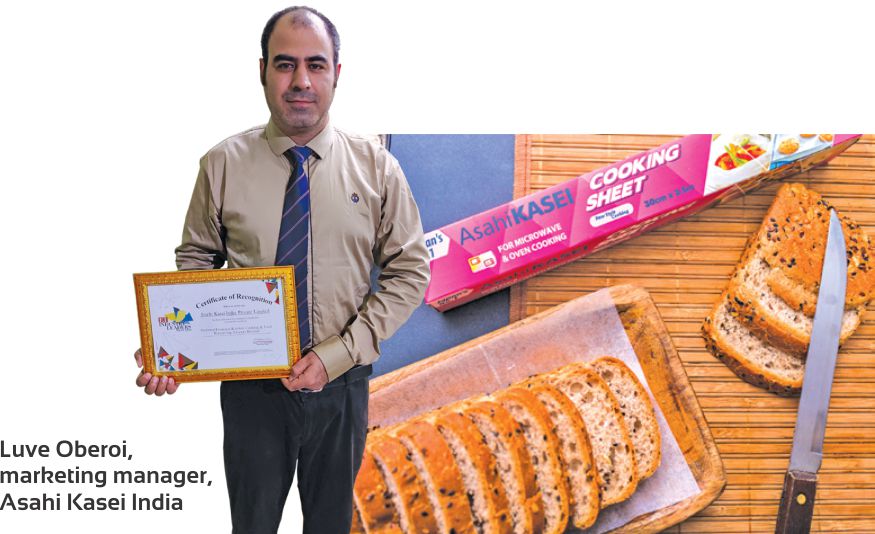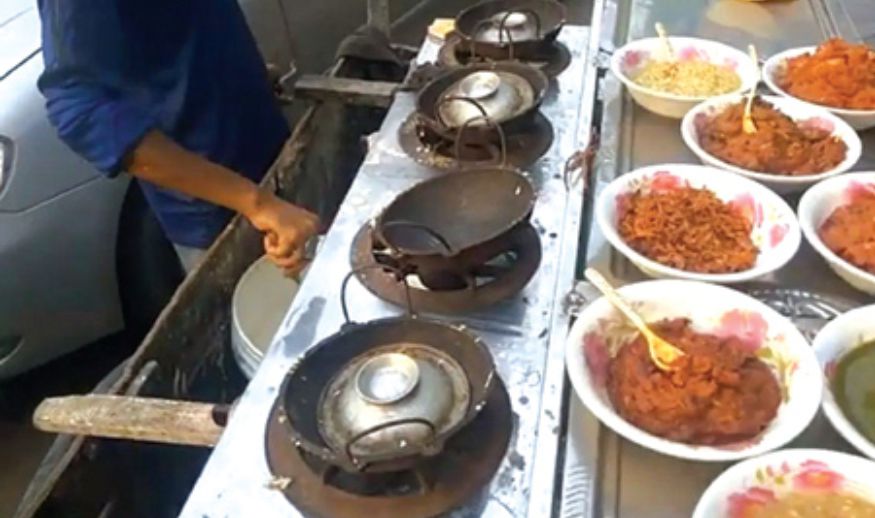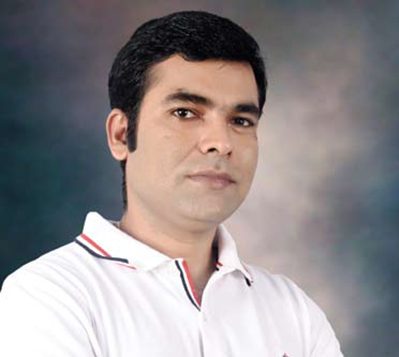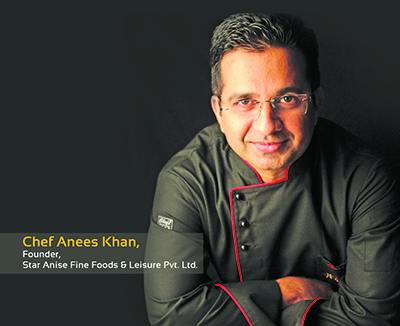Masahiro Monoi weighed several Asian countries before settling down in India to do business. One of the 10 Japanese settlers in Mangalore, Monoi makes dorayaki cakes made popular by an animation character.
Anime character Doraemon loves dorayaki, the sweet pancake sandwich popular in Japan. And Masahiro Monoi from Tokyo ensures that the children of Mangalore get to relish the favourite snack of their beloved robotic cat.
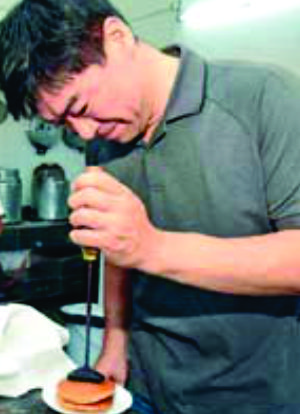
Masahiro Monoi
“When I first made dorayaki cakes, I added 45 per cent sugar. The tasters asked if it was bread. I revised it with 65-70 per cent sugar, and then they said this now is sweet. Subsequently took shape the customised dorayaki which suited those with sweet palate,” says Masahiro Monoi.
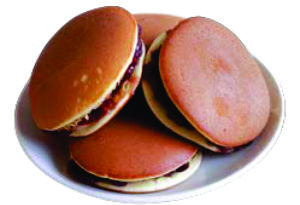
Masahiro is one of the eight Japanese settlers in Mangalore. He moved to the city five years ago and has adapted to it in its quiet form. He is the first to bring the Doremon franchise to the city, and his dorayaki cakes can be found on bakery shelves in the city.
His customers mostly include teenagers who have enjoyed Doraemon series on television. “It is a fast moving item, and there have been no complaints in the past two years. Mostly children pick the cake; they call it ‘Doremon Cake’,” recalls the accountant at Vas and Sons Bakery.
Three years ago, when Masahiro sold Japanese imported items, knives, chopsticks, wooden dolls by Usaburo, handicrafts, kitchen utensils, Mugicha and dorayaki cakes, they were in demand. Dorayaki was an instant hit, and it grew with each passing year.
Masahiro is a popular teacher too. He runs the first Japanese language centre in the city. “There was high demand for the language, but no school taught it. So, I learnt how to teach Japanese from Ms Abi Hara, and have so far taught about 80-90 students individually.”
He also imparts information on Japanese currency, food, social systems, fermentation and cooking without fire to students of at least six prestigious schools and colleges in the city.
On his decision of shifting to India, he says, “I wanted to start a business outside of Japan. While a few suggested Vietnam and Taiwan, some said India had a future. I was looking for a place with potential. A friend then recommended Mangalore to me. I liked this city. The water here is nice, so are the people and culture, particularly the rice culture.”
“Japan has four kinds of weather. In Mangalore, we have only summer, rains, and sometimes winter,” he replies with a smile when asked if he faced any problem in adjusting to the Indian climate. “But it is very economical. As there is no winter, I can wear halfsleeved shirts round the year. It is robably snowing in Japan now,” he quips.
However, there is no missing home for Masahiro. “I have a heart-to-heart connection. I have noticed that Indians call up and talk to their families. For Japanese, it’s about the people around us.”



